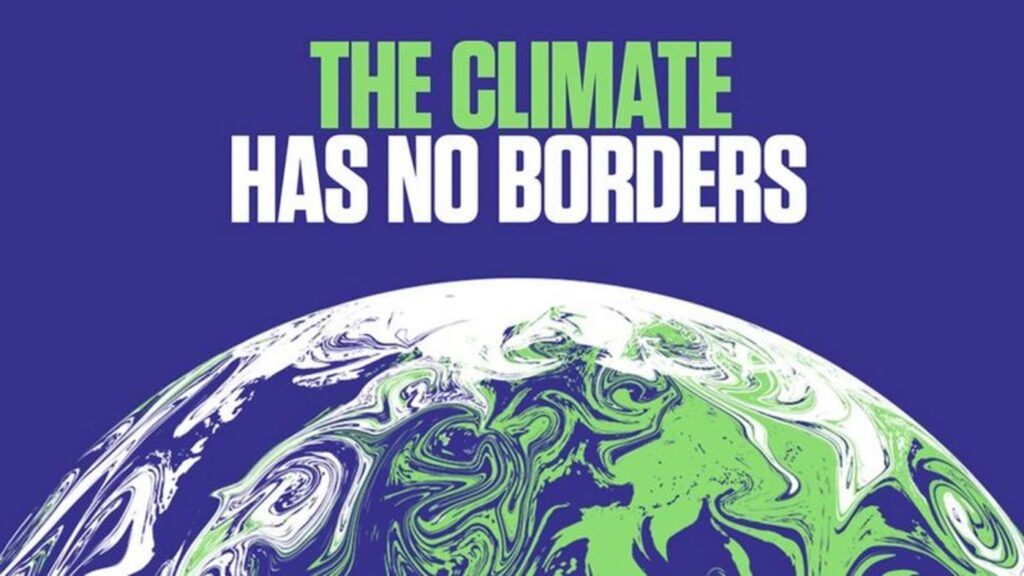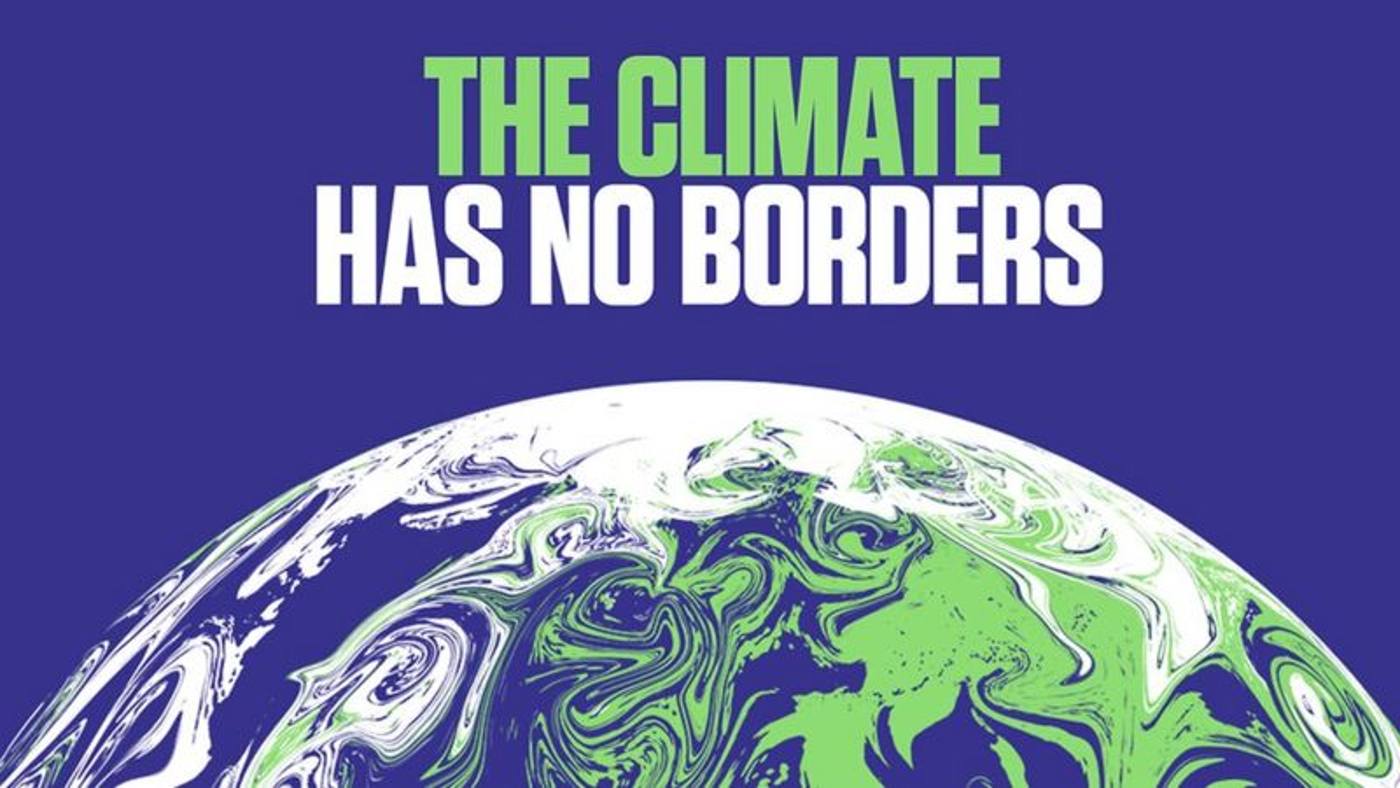
At COP26, many of the parties to the Paris Climate Agreement have doubled-down on their commitments to reducing forest-loss and emissions.
Three days into the 2021 United Nations Climate Change Conference, and fortunately most of the major stories of real note are positive ones. So far there have been commitments to conservation and indigenous people’s rights that deserve mention—including an expansion of the Galapagos Marine Reserve.
Let’s take a look at the good news so far in more detail.
Green energy and financing
- South Africa, a major carbon emitter, has signed a financing deal with some G7 countries worth $8.5 billion to help end its reliance on coal, as it’s the 12th largest consumer in the world.
- 40 parties including the US, India, Australia, Turkey, the EU, and China have signed onto a UK-led initiative to increase worldwide access to affordable renewable energy by 2030.
- UK Chancellor of the Exchequer Rishi Sunak said that by 2023 the island nation will be the first to force all publicly traded companies to release plans on how they intend to achieve net zero.
- Japan, a major coal and oil consumer, has announced an additional $10 billion in climate financing over the next few years.
- 450 global firms will form the Glasgow Financial Alliance for Net Zero, and announce membership on Wednesday, while the managers of 40% of the world’s total investable assets have signed up to 2050 net-zero goals including limiting global warming to 1.5C.
RELATED: Biden Restores National Monuments Shrunk Under Trump
Conservation
- A Lake Michigan-sized area of ocean, connecting the Galapagos and the Cocos Islands off Costa Rica, has been added to the Galapagos Marine Reserve, totaling 23,000 square miles, about 8-times the size of Yellowstone, and protecting a “marine superhighway” of transiting sharks, rays, tuna, turtles, and whales.
- World leaders who control roughly 85% of the world’s forests have pledged to end forest-loss in this decade, for which they have apportioned $19.2 billion in private and public money.
- $1.7 billion has been apportioned by the UK, US, Germany, Norway, and the Netherlands to give directly to indigenous peoples to aid in their substantial contribution to forest and land conservation.
MORE: Italy is Protecting its Giant Trees Forever – Monumental Trees that Can Live for Centuries
Emissions
- President Biden joined 100 nations in the signing of a plan to cut methane emissions by 30%, which will be accomplished through the scaling back of fossil fuel production. Though CO2 is the principle warming agent, methane, which is more potent but lasts only 12 years in the atmosphere, is being considered as a way to buy time for CO2, which can stay in the atmosphere for up to 1,000 years, to be reduced or captured.
- Right at the start of the conference India, which has up until this point been without a major emissions reduction target, committed to zeroing national emissions by 2070. Experts speaking with The Guardian said that “this demonstrates real leadership from a country whose emissions per capita are about one-third of the global average.”
CHECK OUT: Thailand Announces Ban on Coral-Damaging Sunscreens in Marine National Parks
The COP has routinely disappointed activists and green politicians in the past, but there’s a sense from the pledges undertaken that this year has generally gotten off to a solid start.
SHARE the Good News Round-Up From COP26…




















